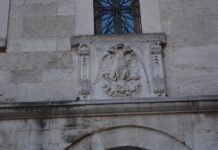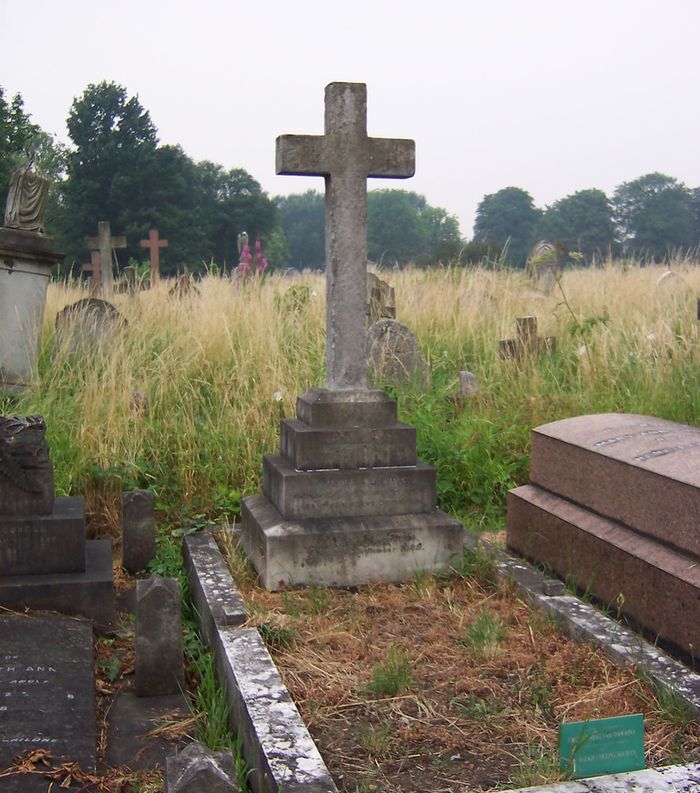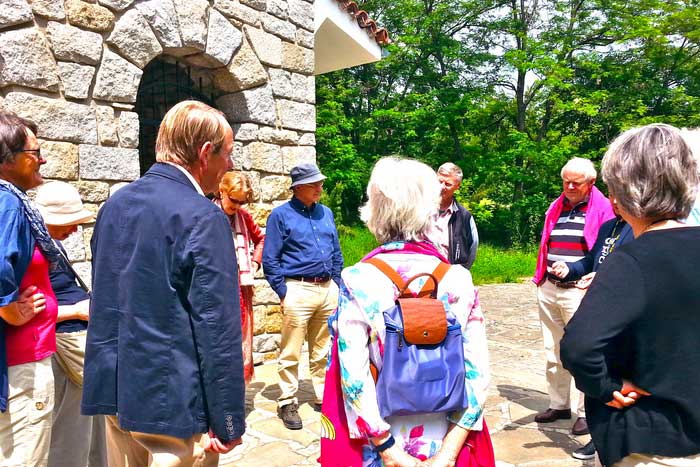Mrs. Dyott just waited, and it had the effect, indescribably, of making everything that had gone before seem to have led up to the (piestion. This effect was even deepened by the way she then said, “Whom do you mean?”
“Why, I thought you mentioned at luncheon that Colonel Voyt was to walk over. Surely he can`t.”
“Do you care very much?” Mrs. Dyott asked.
Her friend now hesitated. “It depends on what you call `much.` If you mean should I like to see him then certainly.”
“Well, my dear, I think he understands you`re here.”
“So that as he evidently isn`t coming,” Maud laughed, “it`s particularly flattering! Or rather,” she added, giving up the prospect again, “it would be, I think, quite extraordinarily flattering if he did. I`ixcept that, of course,” she subjoined, “he might come partly for you.”
“ `Partly` is charming. Thank you for `partly.` If you are going upstairs, will you kindly,” Mrs. Dyott pursued, “put these into the box as you pass?”
Living Reproach
The younger woman, taking the little pile of letters, considered them with envy. “Nine! You are good. You`re always a living reproach!” Mrs. Dyott gave a sigh. “I don`t do it on purpose. The only thing, this afternoon,” she went on, reverting to the other question, “would be their not having come down.”
“And as to that you don`t know.”
“No I don`t know.” But she caught even as she spoke a ra-tat-tat of the knocker, which struck her as a sign. “Ah, there!”
“Then I go.” And Maud whisked out.
Mrs. Dyott, left alone, moved with an air of selection to the window, and it was as so stationed, gazing out at the wild weather, that the visitor, whose delay to appear spoke of the wiping of boots and the disposal of drenched mackintosh and cap, finally found her. He was tall, lean, fine, with little in him, on the whole, to confirm the titular in the “Colonel Voyt” by which he was announced.
But he had left the army, and his reputation for gallantry mainly depended now on hia fighting Liberalism in the House of Commons. Even these facts, however, his aspect scantly matched; partly, no doubt, because he looked, as was usually said, un-English.
His black hair, cropped close, was lightly powdered with silver, and his dense glossy beard, that of an emir or a caliph, and grown for civil reasons, repeated its handsome color and its somewhat foreign effect. His nose had a strong and shapely arch, and the dark gray of his eyes was tinted with blue. It had been said of him in relation to these signs that he would have struck you as a Jew had he not, in spite of his nose, struck you so much as an Irishman.
Read More about The Story in it part 2








